Francis said “grace is more important than all the bureaucracy” and “a dialogue with the people” is important.
Francis said “grace is more important than all the bureaucracy” and “a dialogue with the people” is important.
Evangelisation requires “dialogue with the people” and” trusting in grace: Grace is more important than all the bureaucracy.” This was Francis’ message at this morning’s mass in St. Martha’s House. The Pope stressed that “so many times we people of the Church are a factory to create obstacles so people can’t arrive at grace. May the Lord help us to understand this.”
Those in the Church who are in charge of administering the sacraments must leave room for God’s grace and not put “bureaucratic” obstacles in the way. Above all, they must not deliver their message from on high but must choose the path of “dialogue”. “It’s God who calls us”. Pope Francis emphasized these concepts, setting them against the excess bureaucracy that’s sometimes acts as an obstacle in the Church, making it hard for people to get close to God.
The Pope referred to Philip the apostle as an example. “He, Philip, obeys, he’s docile and accepts the calling from the Lord. Certainly he left behind many things that he ought to have done, because the Apostles in that period were very busy evangelizing. He leaves everything and sets off. And this makes us see that without this docility or meekness before the voice of God nobody can evangelize, nobody can announce Jesus Christ: at the very most he will be announcing himself. It’s God who calls us, it’s God who starts Philip on that road. And Philip follows. He’s docile.”
When Philip meets the Ethiopian, he doesn’t preach from up on high. “You can’t evangelize without dialogue. It’s impossible. Because you must begin from where the person who is to evangelized comes from. And this is so important. ‘But father, we waste so much time because every person has his or her own story, he or she comes with their own ideas…’ And time is wasted. More time than God wasted when he created the world and He did it well. Dialogue. Spend time with that person because that person is who God wants you to evangelize, it’s more important to give him or her the news about Jesus. But according to who he or she is, not how it should be: how he or she is right now.”
“Let’s think about these three moments of evangelization,” the Pope concluded: “the docility to evangelize: to do what God is requesting, secondly, a dialogue with the people – but during this dialogue, you begin from where these people come from – and thirdly, trusting in grace: Grace is more important than all the bureaucracy. ‘What prevents this?’ Remember this. So many times we people of the Church are a factory to create obstacles so people can’t arrive at grace. May the Lord help us to understand this.”


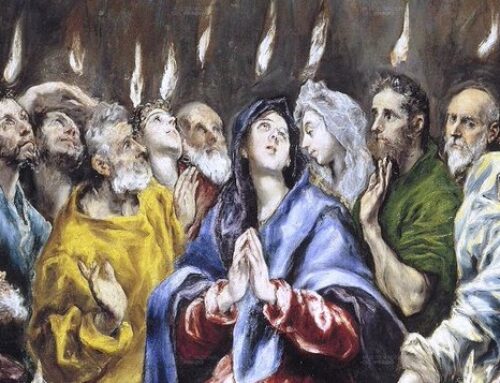
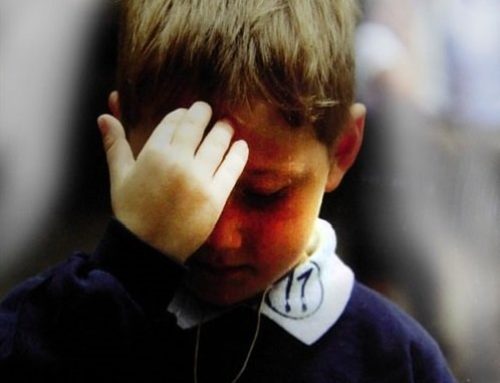
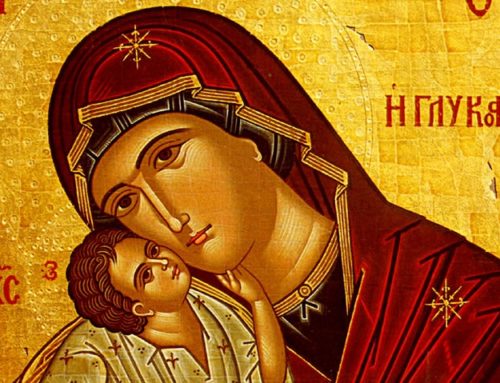
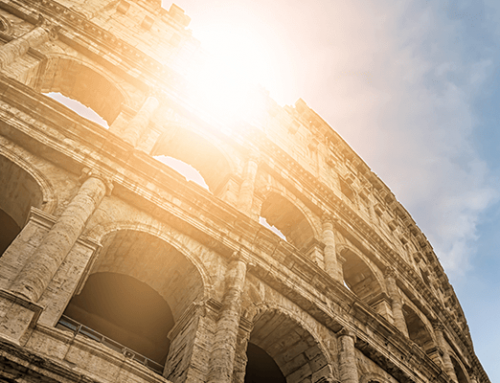
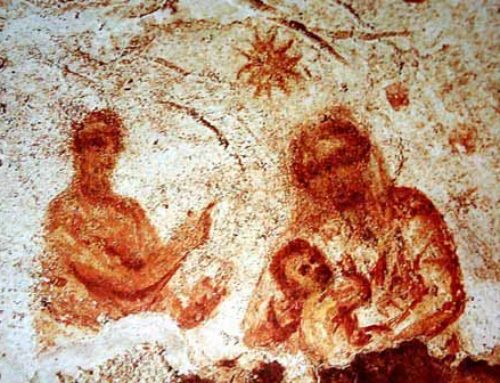
Leave A Comment
You must be logged in to post a comment.